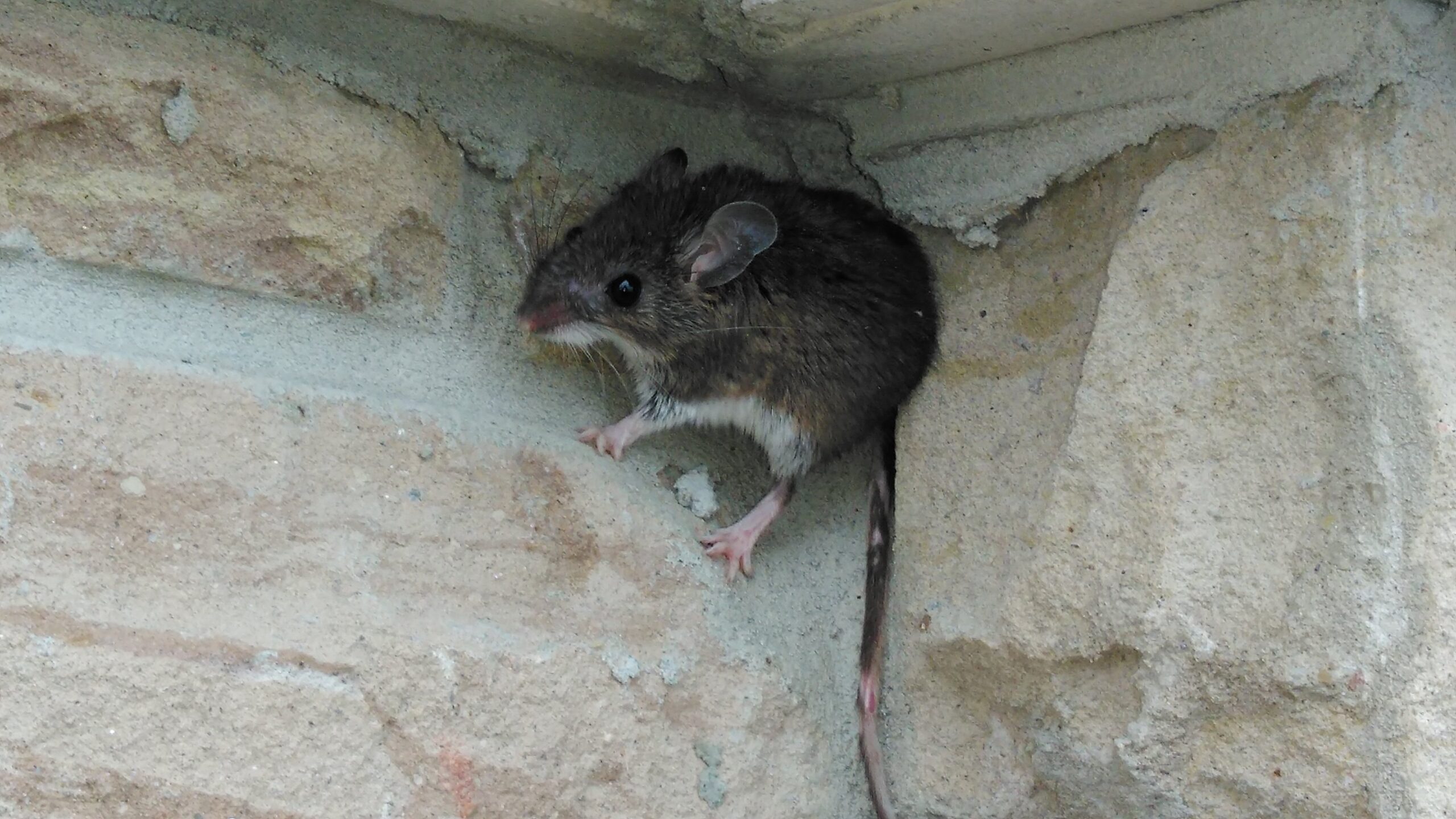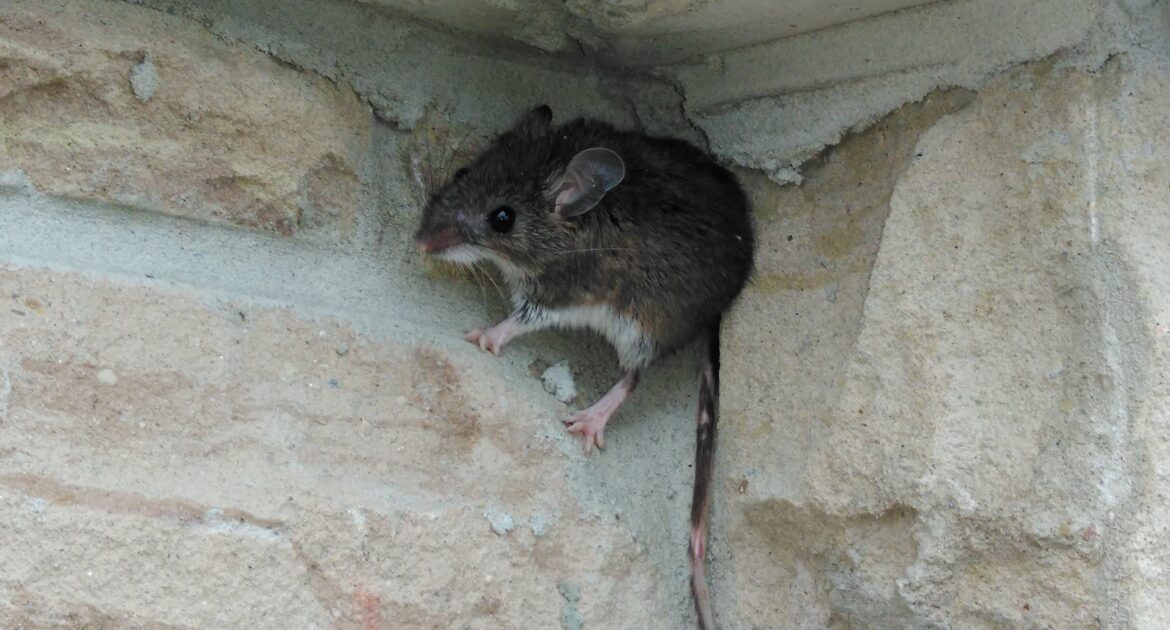Maintaining a clean, safe kitchen is essential for any food service business. But what happens when unwanted pests, like mice, sneak into your space? These tiny intruders can create serious health risks for staff and customers alike, threatening your business’s reputation and safety standards. Understanding how mice spread contamination and taking proactive steps for rodent infestation prevention are crucial to preserving your commercial kitchen hygiene.
Why Mice Are Drawn to Commercial Kitchens
Mice are resourceful creatures, and a commercial kitchen offers everything they need to thrive. Warmth, food, and hidden spaces make it the perfect nesting ground for them. Despite their small size, mice can wreak havoc by contaminating food, chewing through packaging, and leaving droppings, urine, and fur behind. Their nocturnal nature allows them to hide during the day, making them hard to detect until the signs of an infestation become too obvious to ignore.
The Hidden Costs of a Mouse Infestation
Allowing mice to go unchecked can lead to hidden but serious costs for your business. Alongside the health risks to employees and customers, you could face fines, failed health inspections, kitchen closures, food waste, and equipment damage. Even worse is the long-term impact on your restaurant’s reputation if word spreads about unclean conditions caused by pests.
The Health Risks Linked to Mice
Mice are not just a nuisance; they’re carriers of harmful bacteria and diseases that can compromise the health of anyone exposed to them. Here’s how they spread illness in commercial kitchens and endanger those who rely on your food service.
Contamination of Food and Surfaces
Mice are relentless when searching for food. They’ll chew through packaging, spill stored goods, and contaminate leftovers with their droppings, urine, and fur. Even sealed containers are not always safe, as mice can gnaw through boxes or plastic with ease. This contamination introduces bacteria like Salmonella and E. coli, which can lead to foodborne illnesses if the infected food reaches your customers.
Cross-contamination is another major issue. Mice move freely between untreated surfaces, equipment, and food prep stations, spreading germs in the process. Even a single mouse walking across a cutting board or sneaking into a pantry can create a chain reaction of contamination, jeopardizing health and safety.
Airborne Risks from Droppings
One of the most overlooked hazards mice create is the danger of airborne illnesses from their waste. When mouse droppings and urine dry out, they release particles into the air. If inhaled, these particles can cause respiratory illnesses, such as Hantavirus Pulmonary Syndrome. Even employees who never directly touch contaminated surfaces can face health risks.
Additional Pest Problems
Mice don’t arrive alone. They often bring other unwelcome guests like fleas, mites, and ticks. These parasites can quickly spread throughout your kitchen, creating additional hygiene challenges. Employees might notice bites or itching, and customers may become aware of the problem if pests make their presence known during their dining experience. Avoiding these secondary pest issues means keeping mice out in the first place.
The Damage Mice Cause to Equipment
Mice aren’t just a danger to the health of your staff and customers; they can also cause physical damage to your kitchen and equipment. Here’s how their presence impacts your business infrastructure.
- Chewed Cables and Wires: Mice have a constant need to gnaw, and electrical wires are often a target. This creates a fire hazard and can lead to costly repairs.
- Damaged Plumbing: Mice chewing on pipes and insulation may cause leaks or interrupted water supply.
- Equipment Failure: Mice love warm areas and will sometimes nest in ovens, freezers, or other appliances. This nesting can damage machinery or cause it to malfunction during busy hours.
- Structural Concerns: Over time, an unaddressed infestation can lead to weakened structures, as mice burrow into walls or storage areas to create nests.
Rodent Infestation Prevention Tips
The best way to protect your commercial kitchen is by preventing infestations before they become a problem. While it’s tempting to rely on reactive measures, proactive rodent infestation prevention offers more reliable results and saves you money in the long run.
- Seal Entry Points: Conduct regular inspections of your property to identify gaps, cracks, or holes that might give mice access. Seal these entry points with durable materials like caulk or steel wool.
- Secure Food Storage: Store all food in airtight containers. Avoid leaving any food or scraps out overnight, and dispose of garbage promptly in sealed bins.
- Deep Clean Regularly: Create a comprehensive cleaning schedule that includes hard-to-reach places like under shelves, behind appliances, and inside storage cabinets.
- Block Nesting Areas: Decluttering storage spaces helps eliminate hiding places where mice might build their nests.
- Maintenance Checks: Inspect your equipment regularly to identify any signs of gnawing or nesting activity. Address these issues immediately to avoid larger damage.
While these preventative measures go a long way, partnering with professionals in wildlife removal in Durham ensures a full-proof solution for keeping pests out.
Why Choose Skedaddle for Wildlife Removal in Durham?
For commercial kitchen owners in Durham Region, choosing the right wildlife control service is essential. At Skedaddle Humane Wildlife Control, we specialize in effective, compassionate solutions tailored to the needs of food service businesses.
Our Humane Approach
Unlike traditional pest control methods that rely on traps or poisons, which can harm both the animals and your food safety, Skedaddle focuses on humane wildlife removal. Our one-way door systems allow mice to safely exit your property without letting them back in. This method minimizes harm while restoring your kitchen to a rodent-free state.
Comprehensive Services
Skedaddle doesn’t stop at removing rodents. We offer thorough cleaning and sanitation to address the health hazards left behind by infestations. Our team also works with you to set up long-term prevention strategies, such as sealing vulnerabilities and advising on better storage and cleaning techniques.
With our experience in wildlife removal in Durham, we know how to protect your space and ensure your business runs smoothly.
The Impact of Rodent Infestations on Health Inspections
Failing a health inspection due to evidence of pests can be devastating for your business. One sighting of a mouse, droppings, or contaminated food may lead to fines, temporary closures, or worse, the loss of your operating license.
Beyond the legal consequences, public perception plays a huge role in your business’s success. Customers expect strict commercial kitchen hygiene, and any failure to meet those expectations can result in bad reviews or a tarnished reputation that’s hard to rebuild. Acting now, rather than later, ensures your business meets the highest standards of cleanliness and compliance.
Protect Your Kitchen and Reputation
When it comes to managing a food service business, cleanliness is not just a guideline; it’s the foundation of success. Rodent infestations pose a clear threat to health, safety, and business operations. By investing in proper rodent infestation prevention and collaborating with trusted wildlife removal experts like Skedaddle Humane Wildlife Control, you can focus on delivering the best experience for your customers.
Don’t wait for an infestation to force you into action. With customized solutions, humane techniques, and years of experience in wildlife removal in Durham, Skedaddle is your ally in maintaining a clean, rodent-free kitchen. Contact us today to schedule an inspection or learn more about how we can help safeguard your business.




